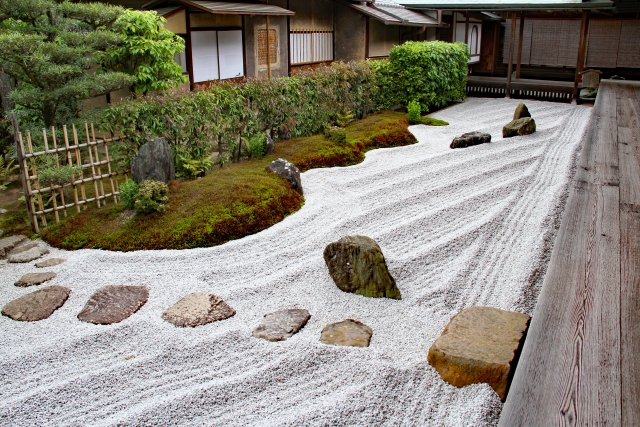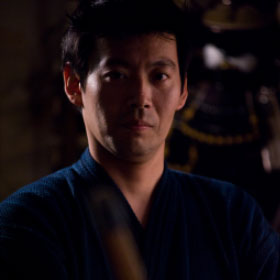You Got It!
Kendo Terminology:
Ki Ken Tai Icchi
This is a terminology that you cannot live without as long as you do kendo. Let me tell you the meanings for each word.
- Ki: In English, a Chinese word, chi, is more well-known than ki. We have the same kanji for it. However, it could be a bit different. The Japanese have two ways of writing it. However, they both mean the same.
- Ken: sword, including shinai, bokuto, shinken and etc.
- Tai: body
- Icchi: synchronization
what does "ki ken tai icchi" mean?
It means that "to synchronize the movements of ki, ken, and tai". It is hard to see the ki movement. So ki usually refers to your shout.

Now I often say, "harmonize the internal energy (ki), the sword (ken) and the body (tai). After all, we need to integrate all three elements together to maximize our power. When you "feel" the harmony, I am so sure that you feel it.
You might have heard it is important to keep your body and mind in balance. Even when your body is fine and your mind is as sharp but they are not in balance, you will immediately realize that your strike is not good.
That is how important to harmonize these 3 elements in kendo.
When you strike men and you do not say "men", then you are a lack of ki. You must declare where you are striking. In that sense, you cannot strike kote and shout "men!".
You have to declare where you intend to strike and synchronize ki with your shinai and body.
Once you put everything together when you strike, your strike is considered to be valid. It does not matter how many times you actually "hit" men, kote, do or tsuki, you cannot get a point unless you have them all together.
We, of course, have competition. As I explained above, Ki Ken Tai Icchi is to maximize the power of your strike (pulling out your potential). So this has to be present in your match too.
But unfortunately, there is a tendency in the modern kendo that they talk about Ki Ken Tai Icchi as one of the criteria to get a point in a match.
Please don't turn the important teaching of self-development into one of the criteria to gain a point in a match. They look the same outside. But the teaching is the one we must pass on to the next generation.
Without the word ki, so ken, tai icchi, it means different so please be aware of that. If you want to know the meaning of "ken tai icchi" click here. And also some may say "ki ken tai no icchi". "No" here means "of". So it means "synchronization of ki ken and tai".
